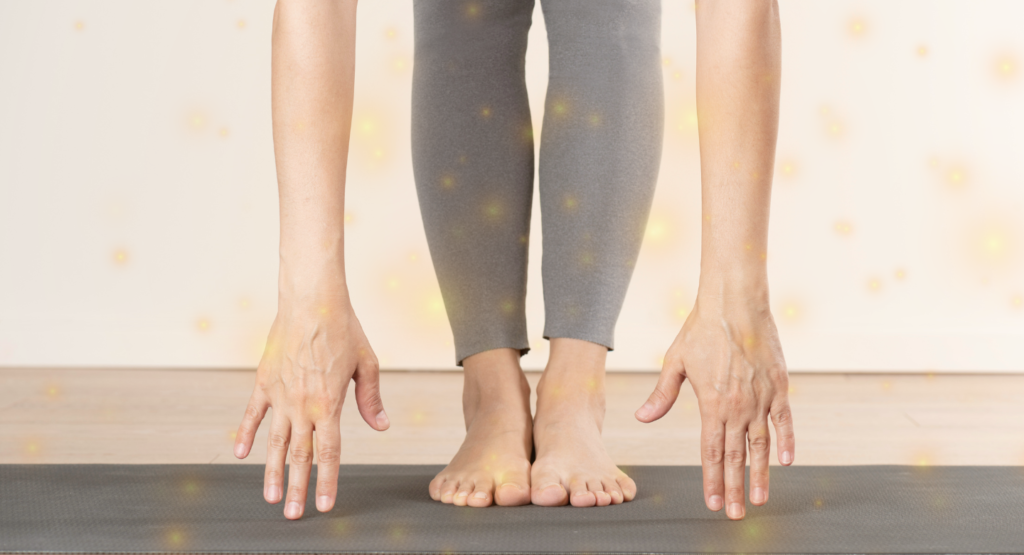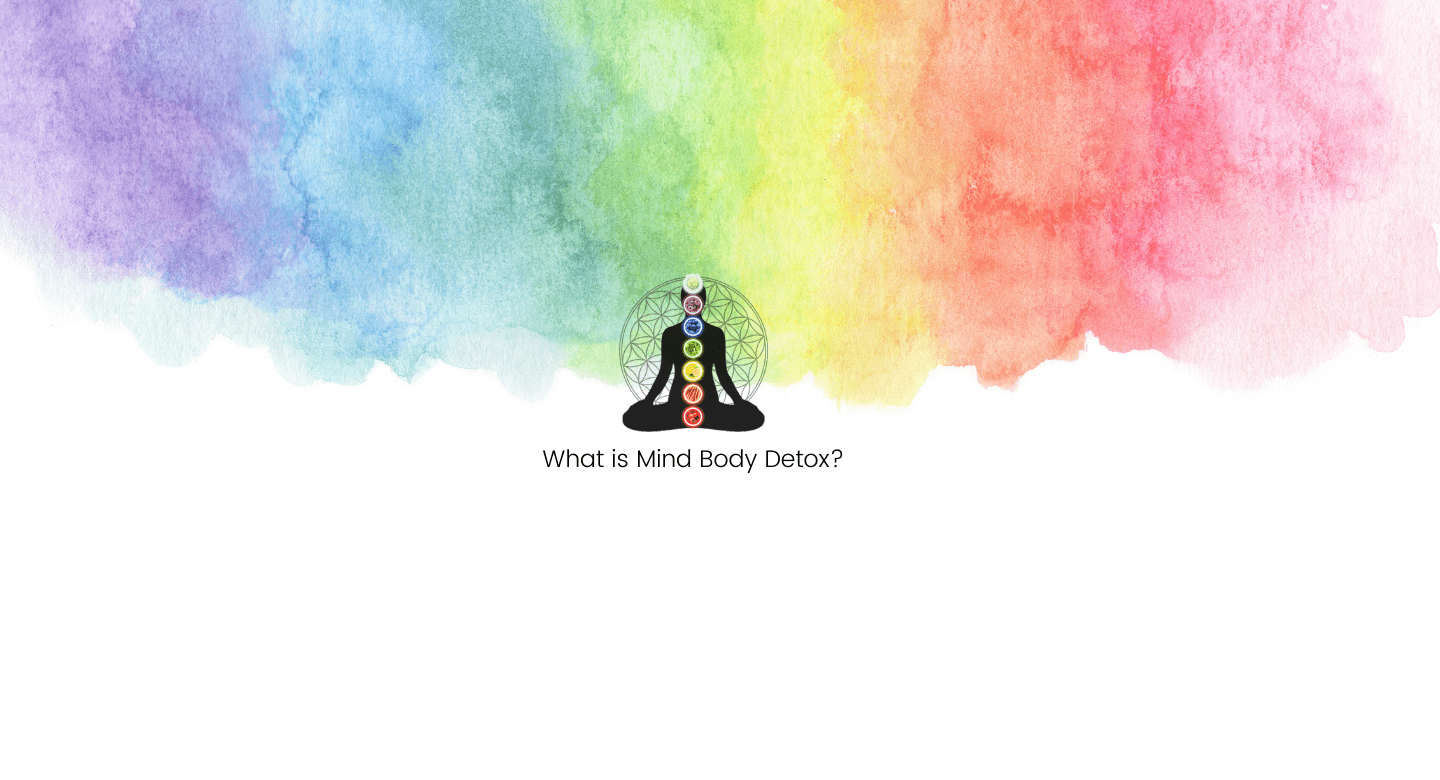
Beyond Triggers: Why Trauma-Informed Yoga Benefits Everyone
Think “trauma-informed yoga” and what comes to mind? Images of hushed, dimly lit rooms and gentle movements for fragile nerves? While it’s true this practice provides a haven for those navigating past trauma, its benefits extend far beyond the label. In fact, stepping into a trauma-informed class can be a profoundly nurturing experience for anyone, regardless of personal history.

Why Take A Trauma-Informed Yoga Class?
Here’s why venturing into this supportive space might just be the self-care boost you didn’t even know you needed:
1. A Safe Space for Embodiment: We live in a world that often feels disconnected from our bodies. Trauma-informed yoga prioritizes reconnecting with your physical self, without pressure or judgment. The emphasis is on listening to your body’s whispers, not pushing past its limits. Whether you’re navigating chronic pain, recovering from childbirth, or simply seeking deep self-awareness, this gentle approach allows you to explore your physicality in a safe and empowering way.
2. Cultivating Choice and Control: Forget the drill sergeant instructor barking commands. Trauma-informed yoga champions your autonomy. You choose how much you participate, what poses resonate with you, and even if you want to take a break and lie down. This emphasis on choice empowers you to reclaim control in a world that often feels overwhelming, building trust and respect for your own boundaries, both on and off the mat.

3. Navigating Your Nervous System: We all experience stress and its physiological rollercoaster. Trauma-informed yoga equips you with tools to navigate these fluctuations. Gentle breathing practices and grounding techniques activate your parasympathetic nervous system, the antidote to fight-or-flight. This creates a sense of calm amidst the chaos, leaving you feeling more resilient and adaptable to life’s inevitable ups and downs.
4. Building a Supportive Community: Stepping into a trauma-informed space feels like entering a warm embrace. The non-judgmental environment cultivates compassion and understanding, both for yourself and others. This sense of community fosters connection and belonging, reminding you that you’re not alone in your journey, whatever it may be.
5. A Gentler Approach to Fitness: Let’s face it, traditional yoga can sometimes feel like a competition in pretzel-like flexibility. Trauma-informed yoga flips the script. The focus is on gentle movement and mindful exploration, not achieving the perfect Instagram pose. This kinder approach to fitness takes the pressure off, making it an accessible and enjoyable practice for everyone, regardless of skill level or limitations.

Self-Care is for Everyone!
So, ditch the preconceived notions and step into a trauma-informed yoga class. You might just surprise yourself with how much you gain – a deeper connection to your body, a sense of inner calm, and a supportive community to accompany you on your journey to greater well-being. Remember, healing doesn’t have to be linear, and self-care doesn’t require a trauma label. Open your heart, open your mat, and let the gentle practice of trauma-informed yoga guide you towards a more nurturing and empowered you.
Learn more about our trauma-informed instructor Kara Lovehart.
Namaste!


